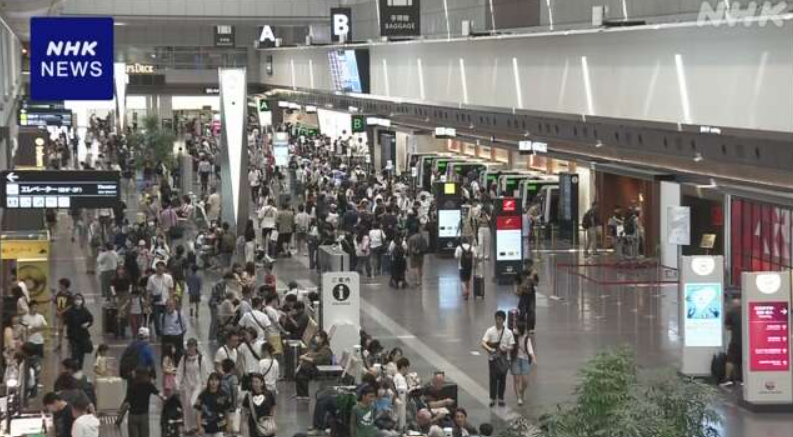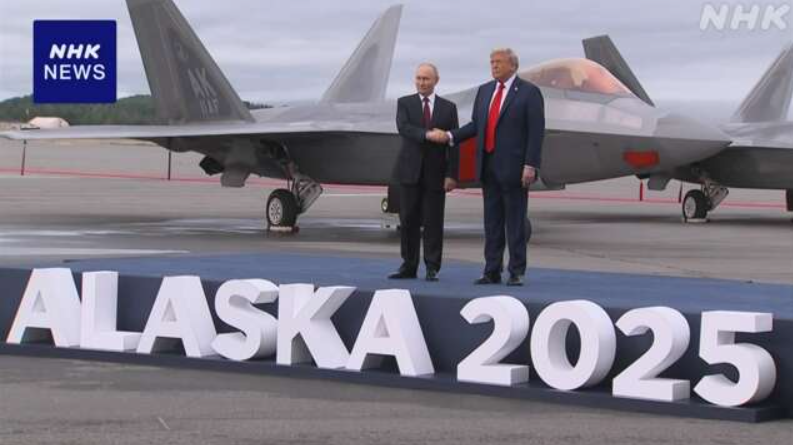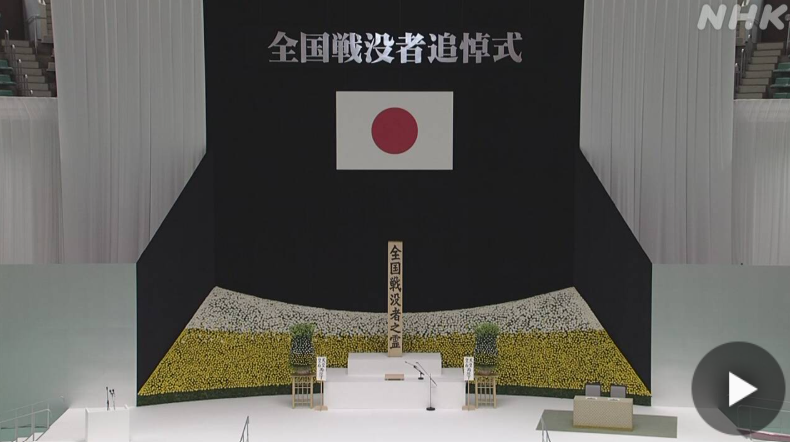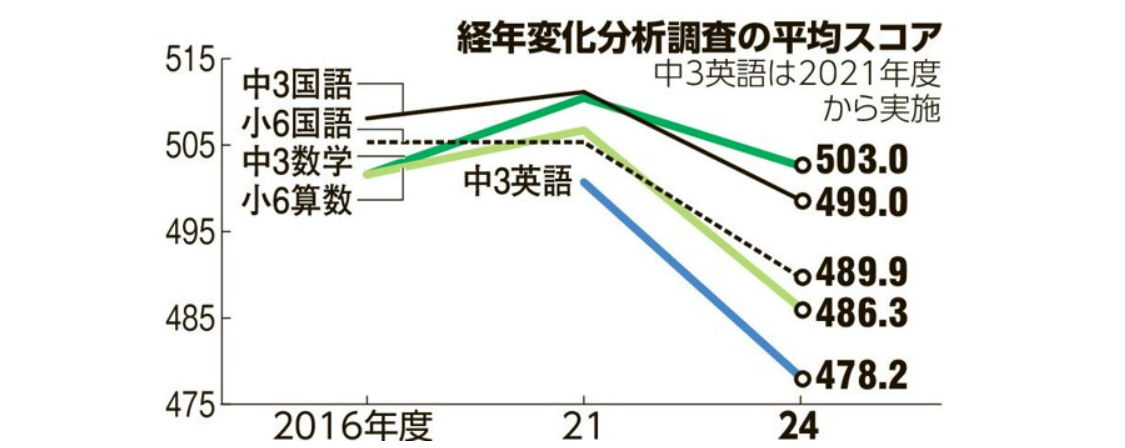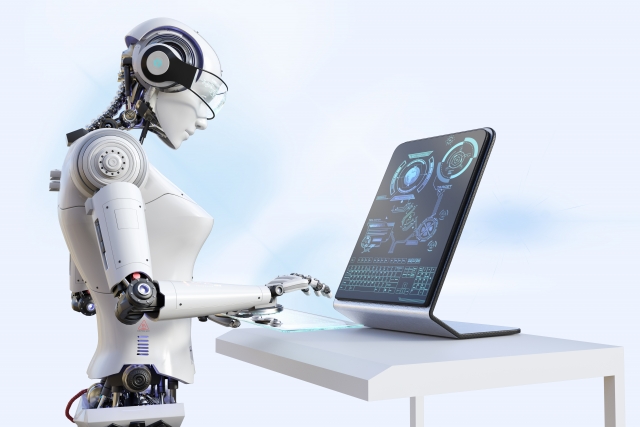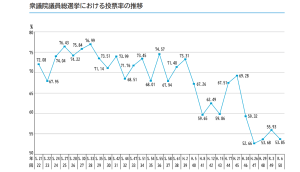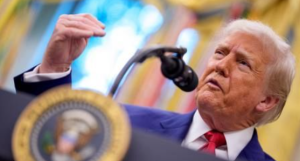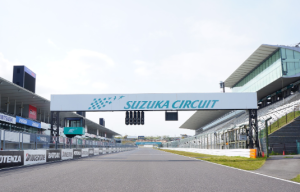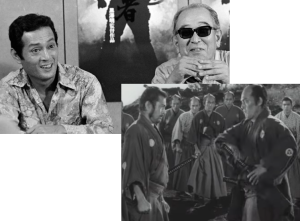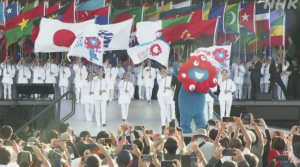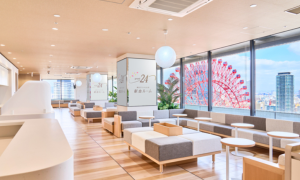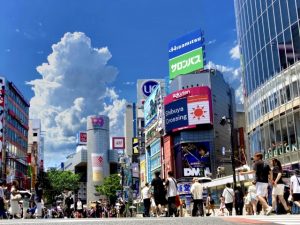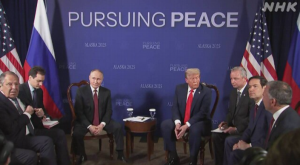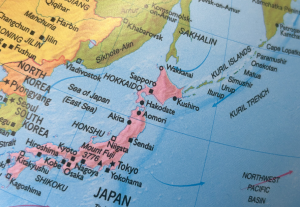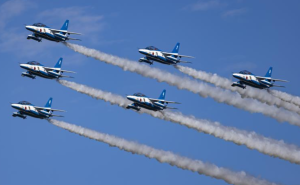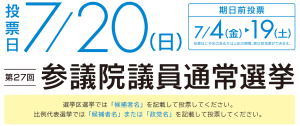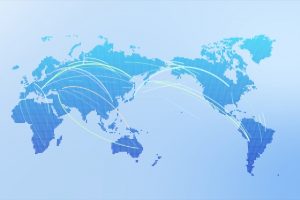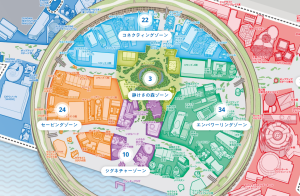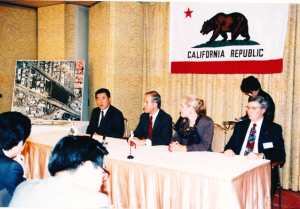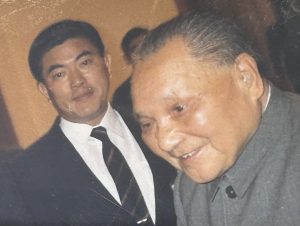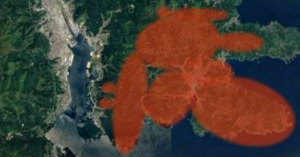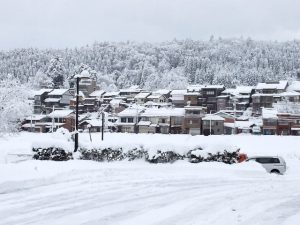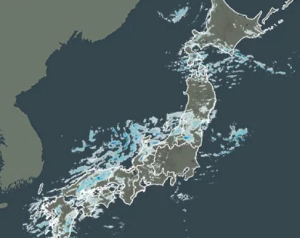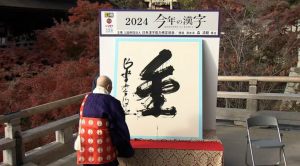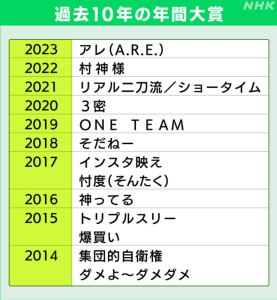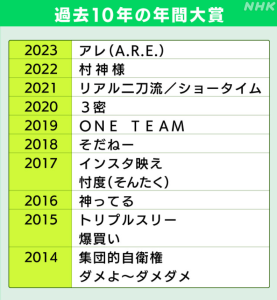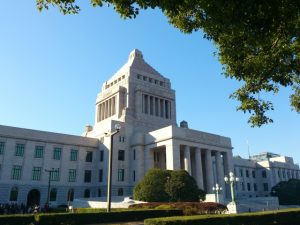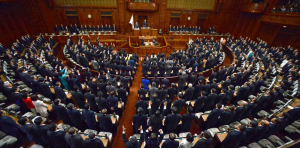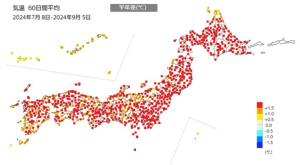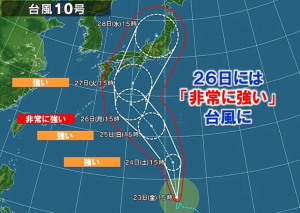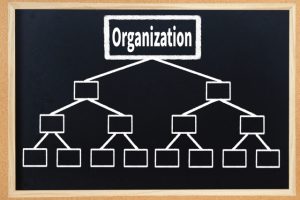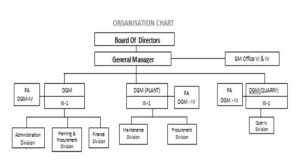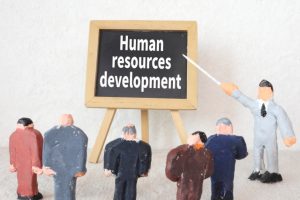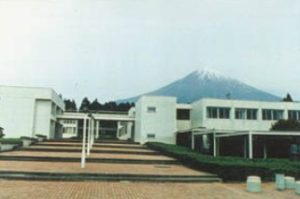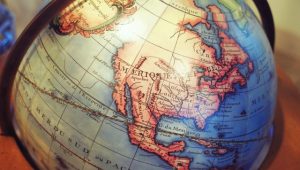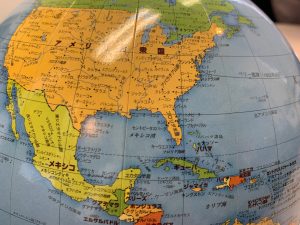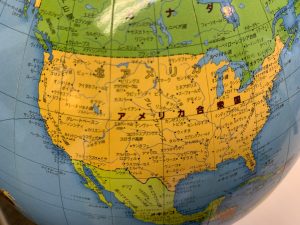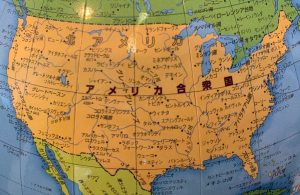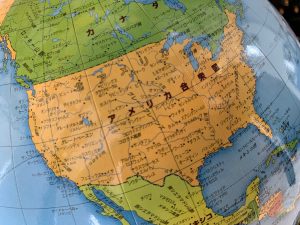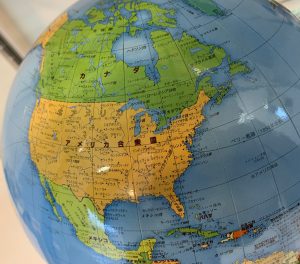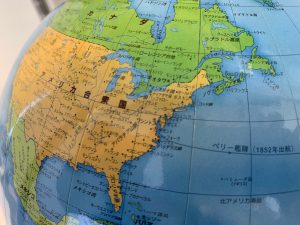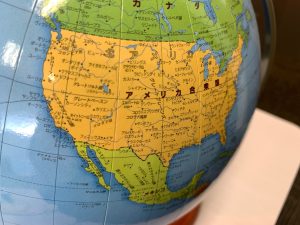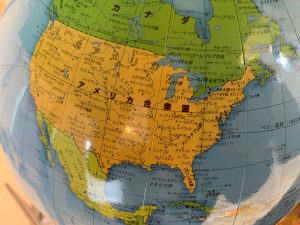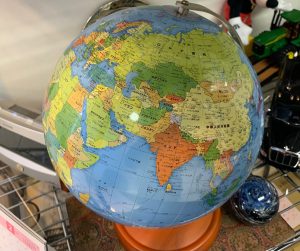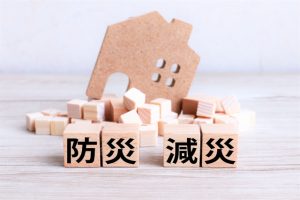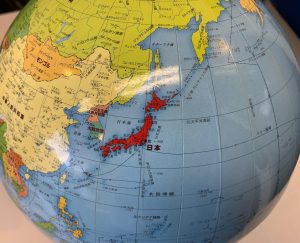Re: A news item and subject which I just want to check out (175) August 22, 2025
Although the beginning of autumn has passed with the arrival of August 7 and it should be autumn, according to the calendar, and greetings should reflect “the lingering intense heat of late summer”, but “the extreme heat” continues to persist. It is said that very high sea surface temperatures are raising air temperatures. According to the Meteorological Agency’s three-month forecast, there will be many days in September and October when day temperatures exceed 30 degrees. It seems that this year’s autumn will be short.
By the way, it seems that the number of users for railways and airlines during the Obon period from August 8 to 17 was favorable. In addition to the increase in inbound tourists, it has been noted that the effect of the Osaka-Kansai Expo has led to a favorable trend in usage towards the Kansai region. As a result, the Shinkansen and limited express trains increased by 8% compared to last year, and domestic flights also rose by 6%. And international flights were used by a total of 680,000 passengers, an increase of 12% from seven companies. It seems that both JAL and ANA have been doing well with their flights to Hawaii.
■■What I have recently thought and focused on:
■President Trump’s Ukraine peace negotiations and tariff issues:
The U.S.-Russia summit was held in Anchorage, Alaska on August 15 (Friday). After that, President Trump had a meeting with Ukrainian President Zelensky and European leaders in Washington on August 18. What I felt again after watching the series of events is “how difficult it is to end a war once it started”. It is said that, as the warring nations aim for conditions favorable to their own countries, combat will intensify in parallel with peace negotiations. The Vietnam War, which ended on April 30, 1975, was also like that.
By the way, President Putin is cunning. While hoping for differences of opinion between the United States and Europe, as well as a disruption of unity among European countries, President Putin sees through President Trump’s eagerness for success and his tendency to ultimately back down, namely, TACO (Trump Always Chicken Out). And drawing territorial boundaries is not easy. European countries are concerned that the historical fact of having once made concessions to Hitler led to the Second World War may be repeated.
Another issue is that President Trump’s aggressive tariff policies are causing a decrease in overseas countries’ trust in the United States. While BRICS countries (Brazil, Russia, India, China, and South Africa) are strengthening their unity, there is a trend of the Global South countries moving away from the United States. In particular, India has strongly opposed the punitive tariff (up to 50%) on Russian oil imports and is even showing the signs of approaching its old enemy China. This could also affect the unity of the QUAD (Quadrilateral Security Dialogue). And Brazil is also considering retaliation against the 50% tariff against the backdrop of the conflict surrounding the indictment of the former president.
■The 80th anniversary of the end of the war:
August 15 marked the 80th anniversary of the end of the war, becoming a requiem day for those who lost their lives in the war across the country. I was born in October 1942, and my birthplace was the Japanese concession in Shanghai, China. I don’t remember, but I returned to Japan shortly after birth and I was in Ashiya City, Hyogo prefecture at the end of the war. I later heard from my mother that about a week before the end of the war, the area of residential neighborhood where we were living at the time was bombed by B29s and turned into a burnt field, and it was a literal restart with just a single chopstick and a bowl. And at that time, what I found strange as a child was that the picture books with Zero fighters flying around which I always watched suddenly disappeared from my surroundings. Looking back now, that was the change of era that occurred around me with the end of the war.
By the way, in the last war, the number of Japanese who died reached about 2.3 million military personnel and about 0.8 million civilians, totaling about 3.1 million. It is said that among about 1.5 million army war casualties, nearly half died of starvation due to a lack of supplies. This is the result of neglecting logistics. And among the civilian dead, about 0.21 million people lost their lives due to the atomic bombs and about 0.56 million people lost their lives due to air raids. A characteristic of modern warfare is that innocent civilians are indiscriminately sacrificed.
And now, China’s hegemonic movements have become more active within the Asian region. Until today, Japan’s national security has been assured under the nuclear umbrella of the United States, but now, due to various circumstances, there is a pressing need to strengthen our defense capabilities. It is said that “being prepared eliminates worries”, but strengthening defense capabilities as a deterrent is essential. On the other hand, when looking back at the past, Japan experienced military coups such as the May 15 incident in 1932 and the February 26 incident in 1936, leading it down to the path of destruction. In the United States, President Truman at the time dismissed General MacArthur, who was once a national hero, citing abuse of power. It can be said that the so-called civilian control had been established. In Japan, it is a fundamental premise to uphold this iron rule of democracy.
■I am concerned about “the declining academic ability” of elementary and junior high school students:
According to “the changes over time analysis survey” conducted about every three years as part of national academic ability and learning situation survey (national academic ability test) by the Ministry of Education, Culture, Sports, Science and Technology, the decline in academic ability among children has appeared in data as prominently as this for the first time in almost 20 years. Aside from the decrease in the average score, the ratio of elementary school students and junior high school students studying more than one hour on weekdays is 37.1% for sixth graders (a decrease of 7.8 points compared to the previous survey in 2021) and 38.9% for third-year junior high school students (a decrease of 9.2 points compared to the same period), showing a significant decline. And the ratio of elementary school students and junior high school students who play video games for more than two hours on weekdays is 37.1% for sixth graders and 41.5% for third-year junior high school students. All of them have increased by more than 10 points compared to the previous survey. Furthermore, it is said that 53.3% of third-year junior high school students use their smartphones for more than two hours on weekdays (41.4% in the previous survey). Probably, AI will continue to increasingly enter the daily lives of children in the future.
I see this trend as a serious phenomenon concerning children and the future of Japan. Indeed, IT and AI technologies are convenient, and depending on how they are used, productivity can increase. But, it’s somewhat improper unless one has acquired a certain level of basic academic ability, knowledge, and common sense.
Incidentally, children’s learning in Western countries is simplified by the combination of “the 26 letters of the alphabet” and “the numbers 0~9”. But in Japan, there are “Chinese characters, Hiragana, and Katakana”, “numbers”, and “foreign language learning”. Japanese children have a lot to learn and have no choice but to spend time on it. And to “live a human-like life” in an era of 100 years, it is essential to enhance “human capacity” through basic learning. Japan does not have any significant natural resources, and maintaining the current standard of living relies on wisdom and knowledge, and there is no other way than to create “something (added value)” from “nothing”. From this perspective, I would like you to think about the future of education at the national level.
■ “The robotization of humans” and “the humanization of robots”:
Recently, as dependence on IT and AI devices has increased, it seems that the excellent human special quality “memory power” is deteriorating. As a result, the mind “becomes hollow”, and while knowledge and information can easily be obtained through devices, it seems that our “thinking” and “judgement” become superficial and standardized. You might say that it is a situation where humans are controlled by IT and AI.
By the way, China is advancing the development of humanoid robots equipped with AI, ahead of the world. And “the world robotics competition” was held in Beijing in early August this year. At the exhibition, there were demonstrations of kickboxing between humanoid robots, and I also saw picture of humanoid robots doing somersaults and running a marathon. Like this, with China at the forefront, the technology for robots to replace humans is advancing rapidly. And in Japan, the introduction of robots is progressing in various workplaces such as nursing care site and so on, due to a labor shortage.
What I feel from the above is “the robotization of humans” and “the humanization of robots”. How will society change in the future due to this combination?

